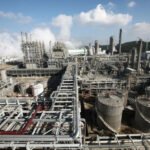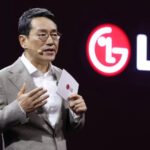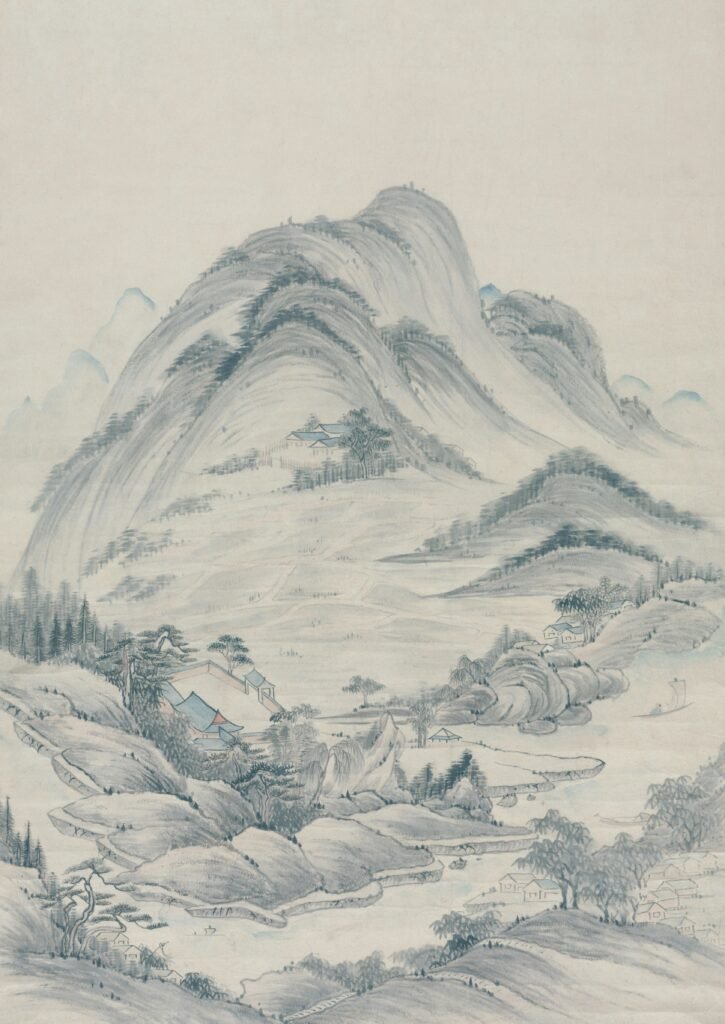South Korea’s Hanwha Systems Co. announced plans on Monday that it plans to establish the Jeju Hanwha Space Center in Jeju Special Self-Governing Province, focusing on the development, manufacturing, and testing of satellites.
The facility, set to be located at the Hawon Techno Campus in Seogwipo City, will feature a two-story building with a basement, spanning 11,443 square meters.
The project is expected to be completed by the end of 2025.
The first floor will house satellite development, assembly, and functional and performance testing.
The second floor will accommodate the space center control room and office spaces.
Hanwha Systems explained that by optimizing the production process, drawing on years of experience in the space industry, the center will produce 4 to 8 satellites per month.
The duplicate equipment for thermal vacuum testing —which verifies the operability of satellites in space environments— and near-field testing, which assesses the performance of satellite antennas at close range, will significantly reduce the time required for each production stage.
Hanwha Systems expects that its production capacity will further increase with the addition of automated manufacturing and assembly equipment, leading to simplified testing processes.
With the construction of this space center, Hanwha Systems aims to secure a production base for developing and manufacturing satellites under private leadership and to penetrate domestic and global space markets.
By Hyung-Kyu Kim
khk@hankyung.com















